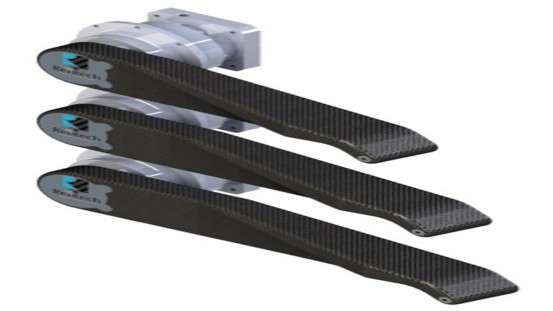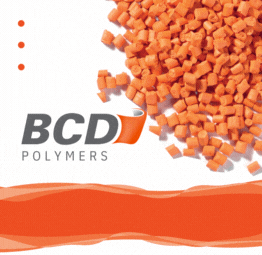Refitech has developed its own series of carbon robotic arms in order to meet clients’ requests for affordable industrial automation solutions. Due to their low weight and high rigidity, carbon components are the best for situations where robots need to work at high speed and with the highest precision. Thanks to Refitech's new standardised production process, these robot arms are also very competitive in terms of cost price in comparison with steel and aluminium alternatives.
‘At Refitech, we have been making customer-specific carbon components for industrial automation and robots for years. Especially when it comes to high speed and precision, composite is the material of choice,’ says Bas Nijpels, Sales Manager at Refitech. ‘The use of robots is increasingly important in all kinds of production environments. These systems not only need to work efficiently, be energy-efficient and reliable, but ultimately must also remain affordable. Based on this philosophy, we have used our technical expertise to develop our own series of robot arms.'
He continues: 'Because it is a standardised process, mould investment and engineering costs can remain relatively low. In addition, Refitech has the possibility to produce the arms in-house, both in the Netherlands and in China, depending on the required quantities. If the end-user includes the advantages of a better performing machine in the cost price - as they should -, these lightweight carbon robotic arms can reduce the integral cost price with 15 to 25% compared with heavier metal solutions. In a fair calculation, carbon is often the winner.’
The Automatica fair in Munich is one of the leading international fairs for smart automation and robotics. In 2018, 892 international exhibitors took part in this biennial fair, which attracted almost 46,000 visitors from 89 countries (25% from Germany), who were looking specifically for solutions and opportunities in the field of industrial automation. In 2020, the fair had to be cancelled due to the Covid pandemic.



